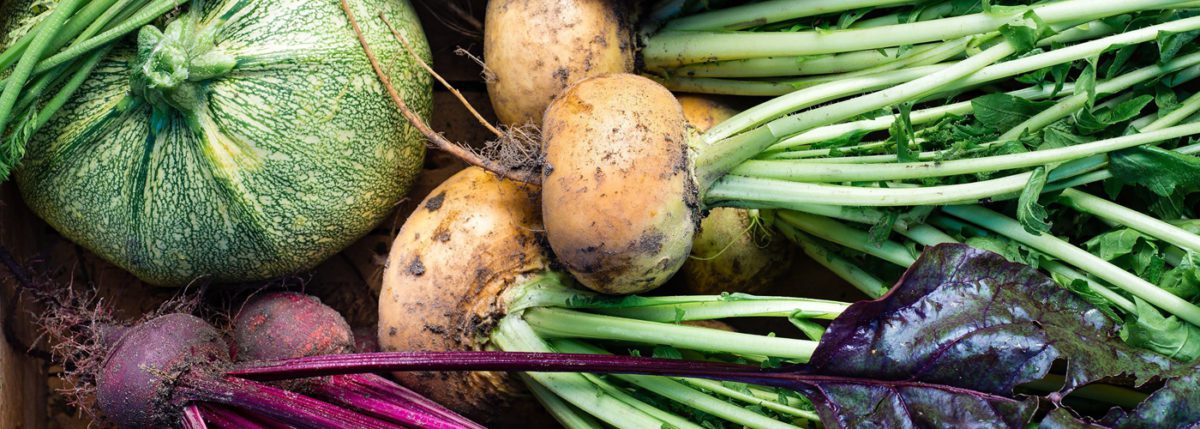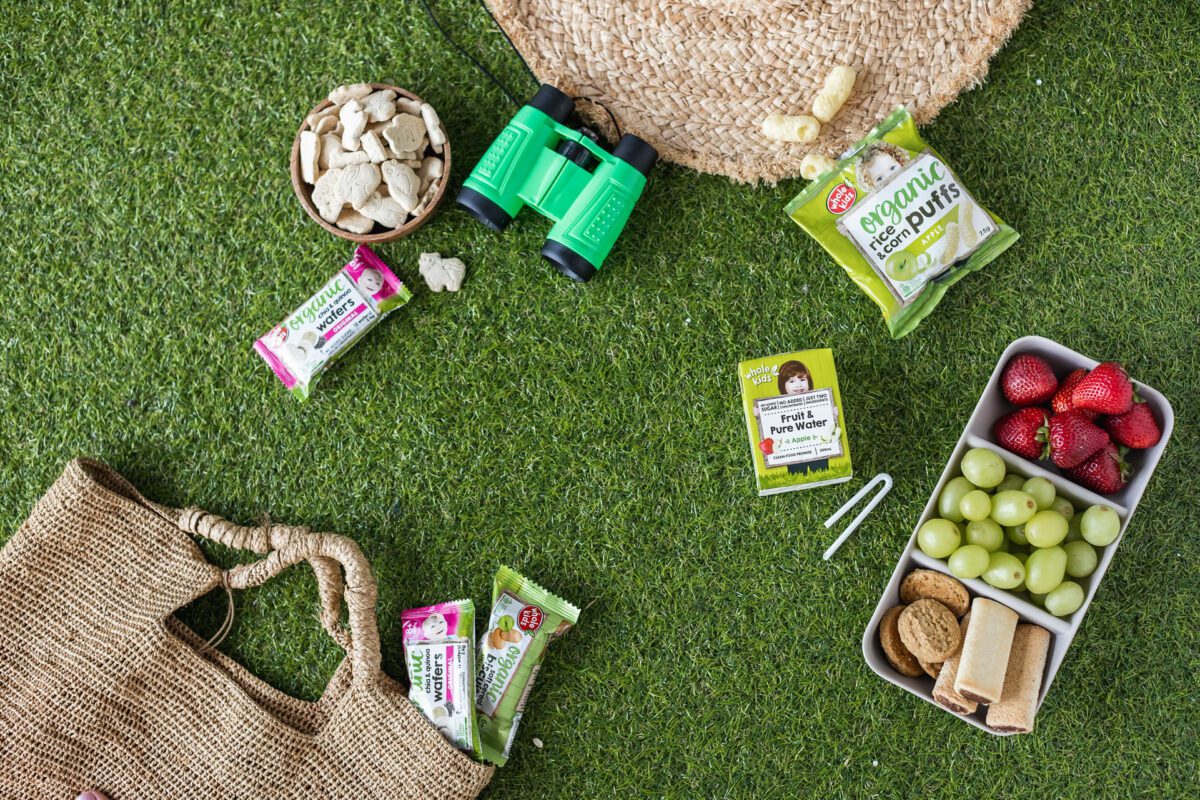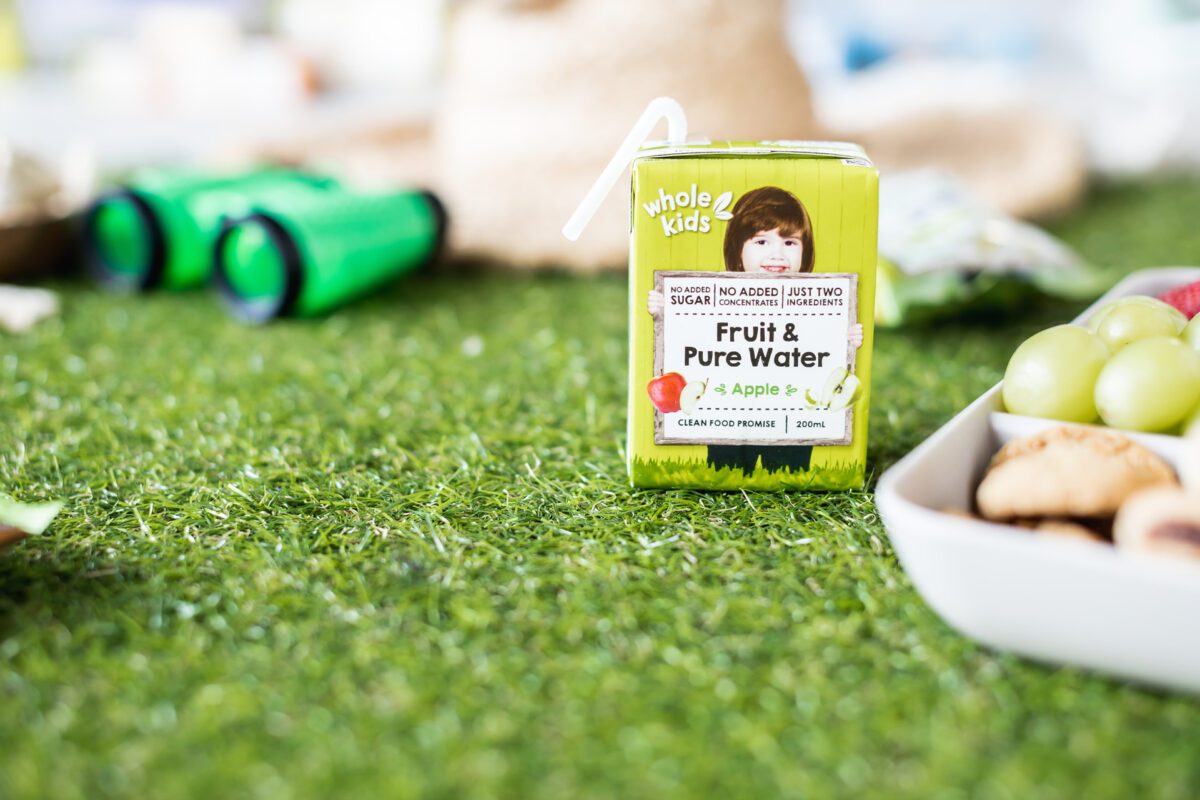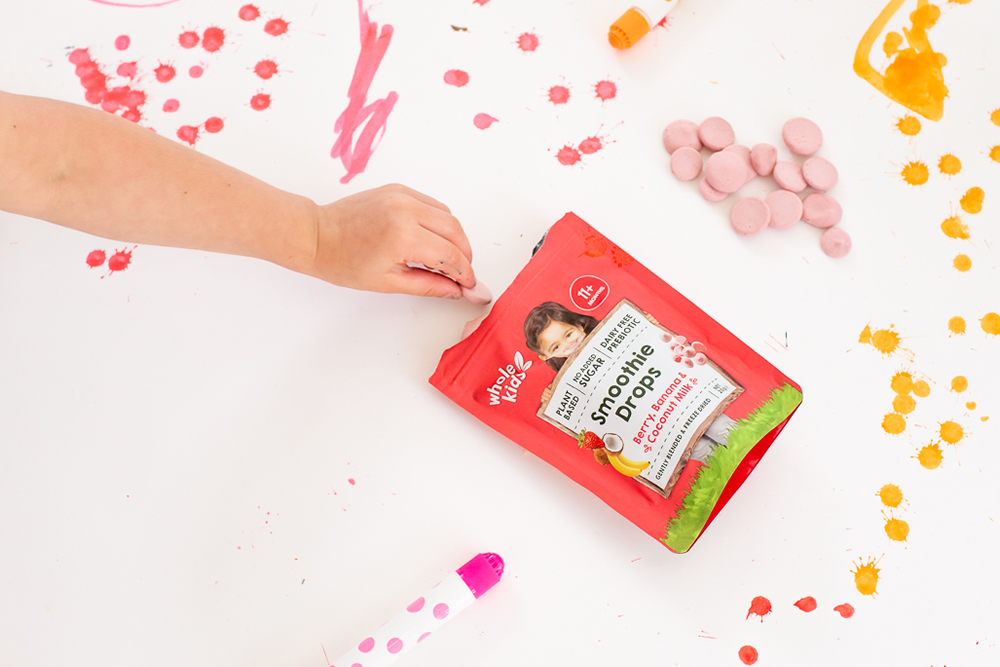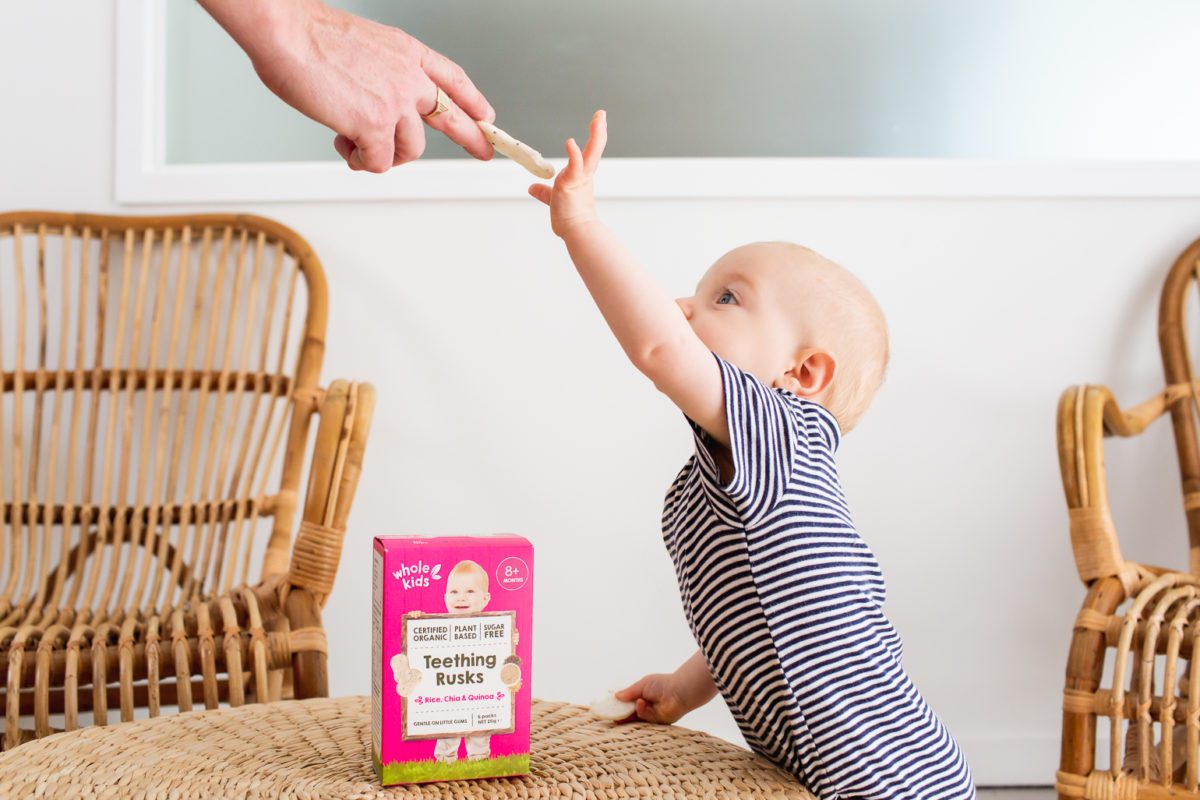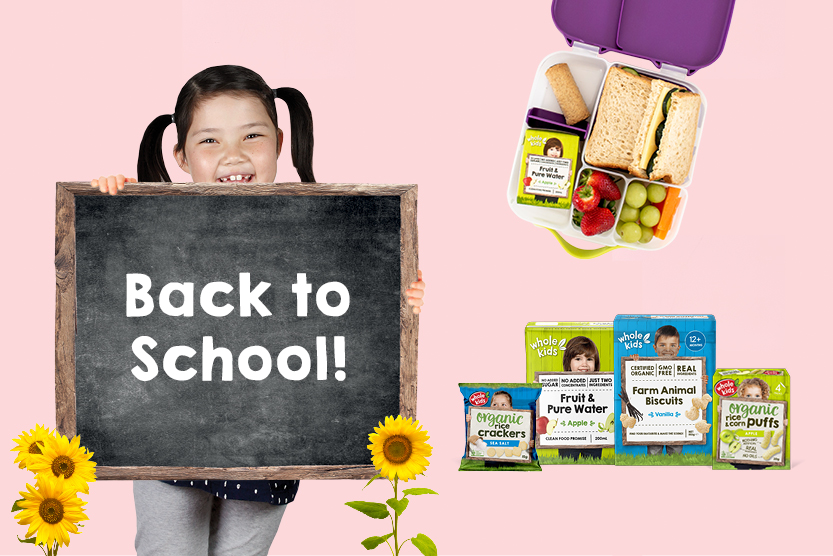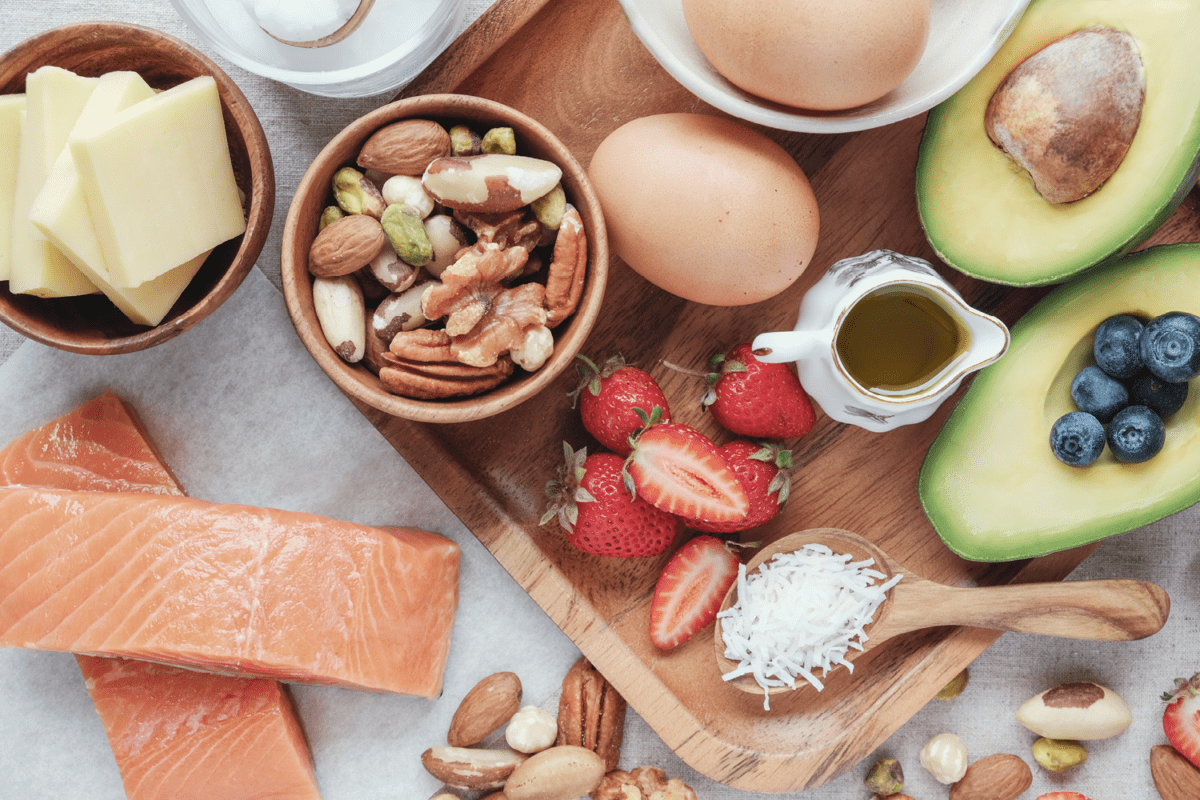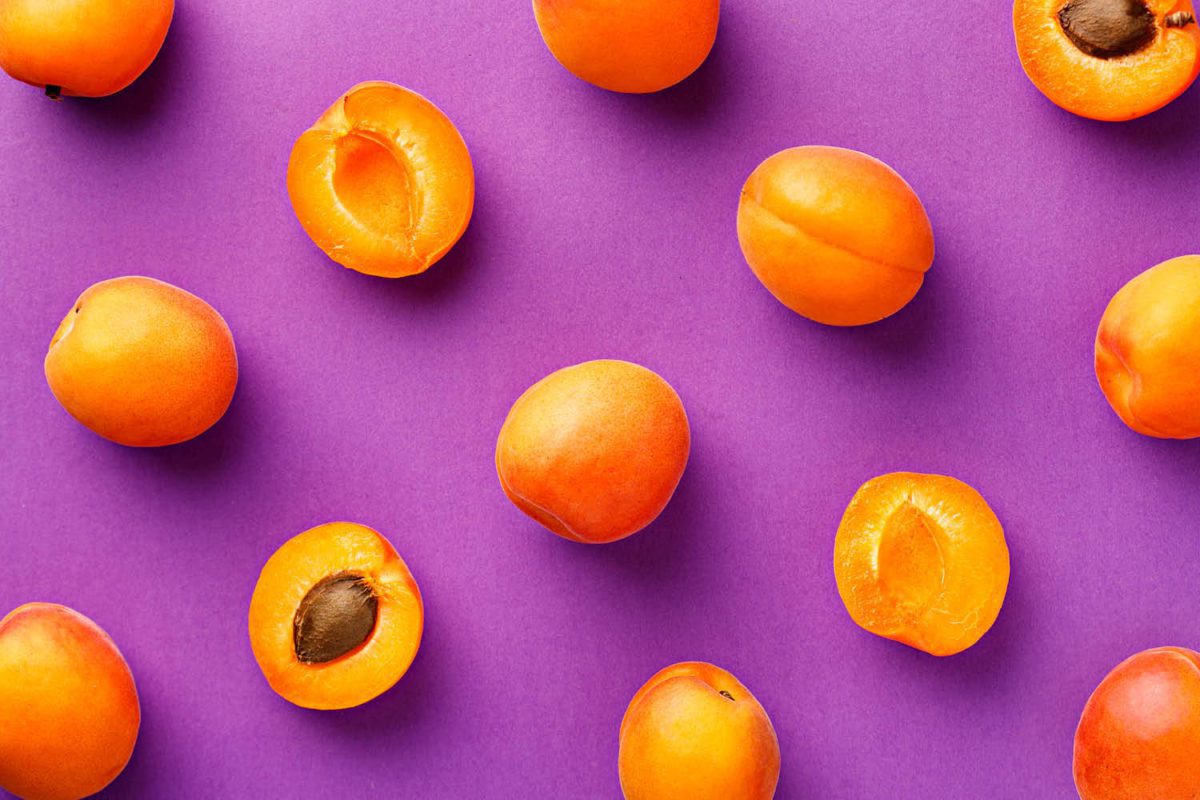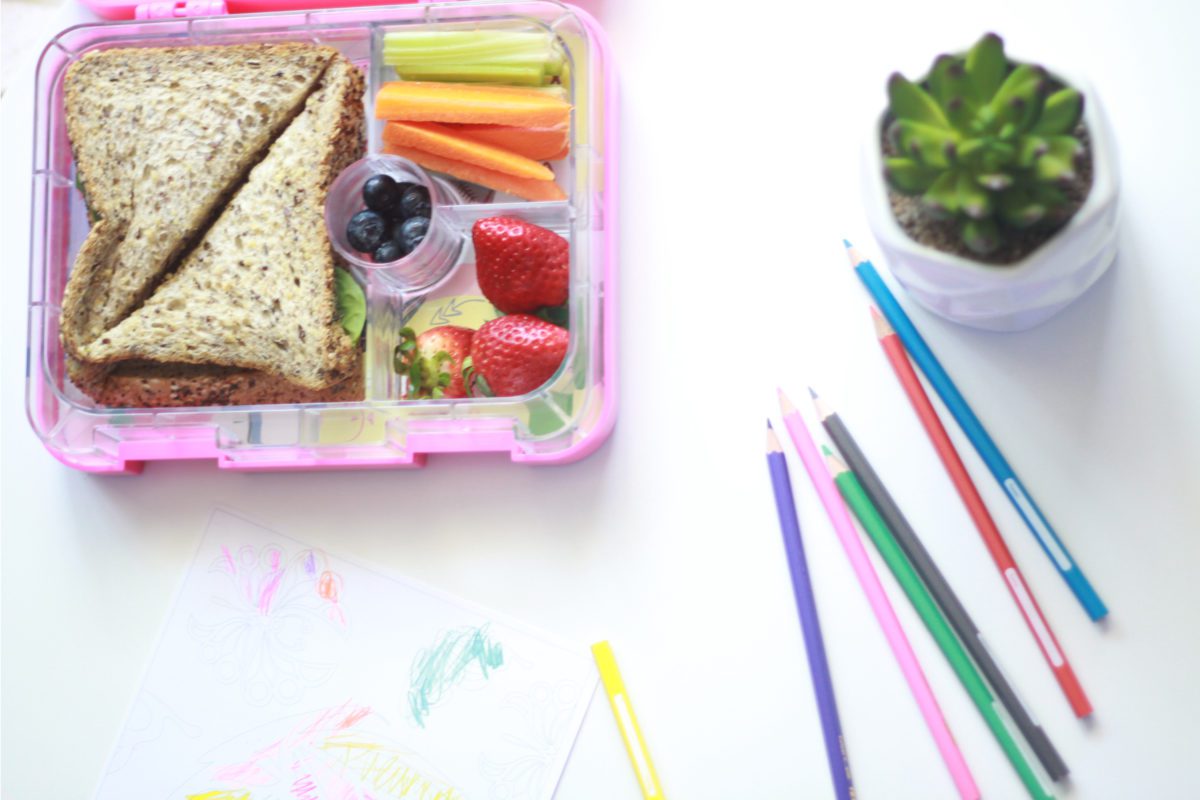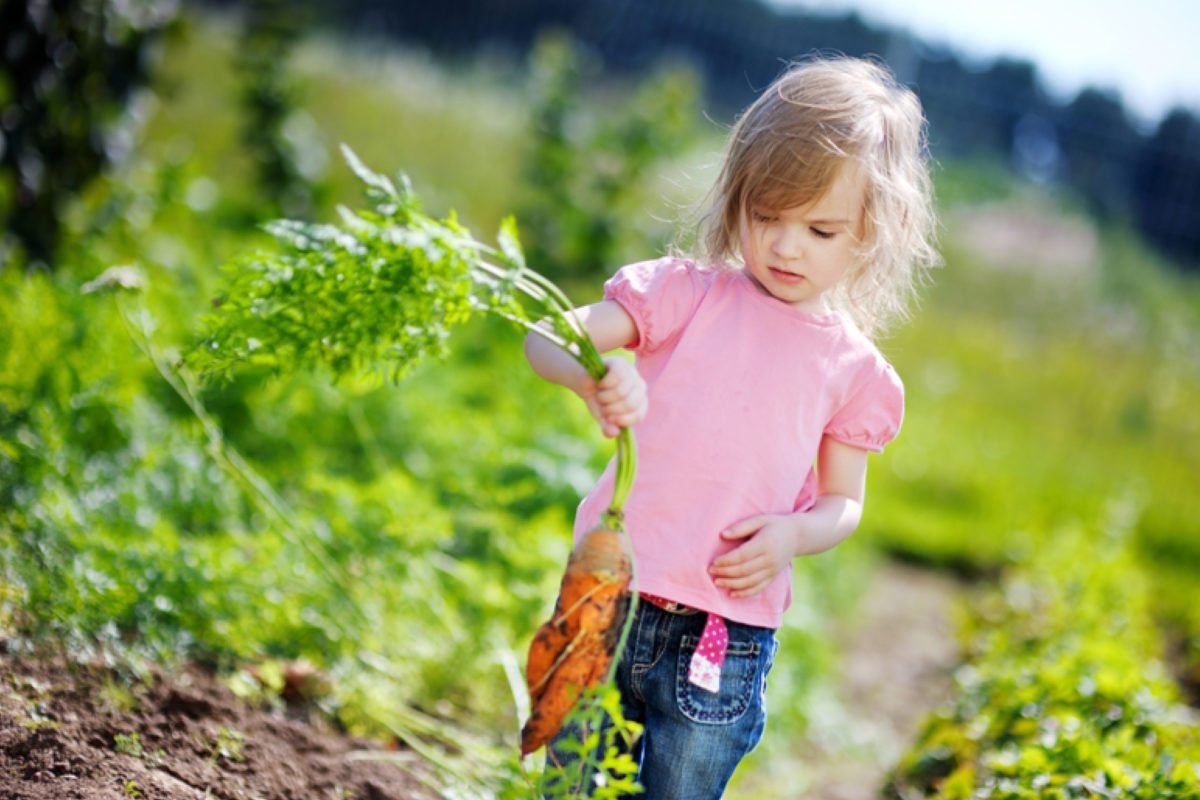Even with all of the roadblocks that can come along with making certified organic snacks, we choose to stick to our values and create healthy snacks for kids that go through a stringent certification process.
Certified Organic Demand is on the Rise
The health and environmental benefits of organic farming are well documented, so it’s great that, according to the Biological Farmers of Australia, the Australian organics industry has become one of the nation’s top five growth industries, and rising considerably in strength over the past decade.
Mainstream supermarkets have embraced the ever-increasing demand for certified organic products, farmers’ markets are popping up all over the country, and home delivery services are available for those too busy to join the checkout queue. Furthermore, premium quality certified organic produce can be ordered over the internet, so access to healthy food has never been easier.
Organic production prohibits the use of pesticides and pharmaceuticals (antibiotics), ensuring the sustainability of the land over the long term, and eliminating the presence of synthetic chemicals in our food.
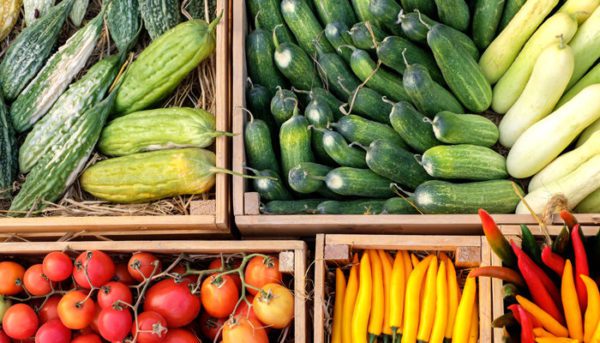
The Certification Process
With organic food’s rising popularity around the world, you might think that it could provide a great opportunity to make a quick buck out of the trend, since organic produce sells for premium prices. It doesn’t work that way, though; gaining organic certification can often prove to be very tricky, and it comes at a higher production cost which may or may not be covered by the end products’ premium prices -not to mention that time and availability of supplies can play a huge role, too.
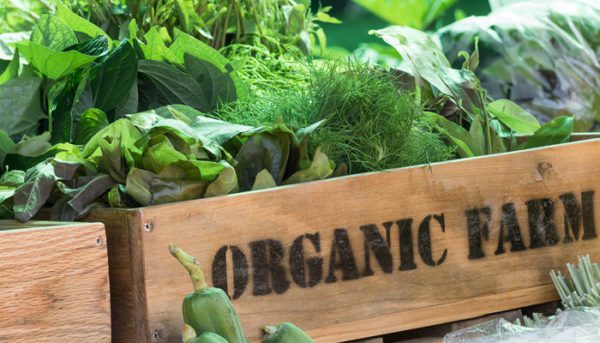
Hurdles to Overcome When Going Certified Organic
For example, even though organic farming has really taken off in recent years, sometimes farmers won’t be able to provide a steady supply of a certain out-of-season food item. This temporary shortage, though, can have a domino effect on organic food manufacturing and processing business’ product development. What can help a business get over such hurdles, is the strong loyalty of its clients, who appreciate the care the company puts into producing the best possible food for them.
Australian Certification Bodies
In Australia there are various organic certification bodies that have been approved by AQIS, such as the NASAA Certified Organic, The Organic Food Chain, AUS-QUAL, The Bio-Dynamic Research Institute, Safe Food Production Queensland, The Tasmanian Organic Producers, IFOAM and Australian Certified Organic, which is the largest among them and is considered to be the nation’s premier auditing, certifying and licensing company of both organic and biodynamic operators.
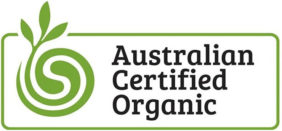
Australian Certification Process
Depending on whether it’s for primary producers, manufacturers, distributors and retailers, the certification process can change, in order to ensure that the integrity of the organic food is maintained, from the farm gate all the way to the end user. The certification essentially ensures that the ingredients, associated inputs, processing activities and transportation of goods all conform to the stipulated standards set out under the National Standard for Organic and Bio-Dynamic Produce 2008.
When it comes to primary producers, the certification process is pretty involved, but it starts leaving a bit more leeway as it moves towards the food processing and manufacturing businesses, where it acts as a complementary certification to pre-existing environmental, quality assurance and HACCP-based food quality standards.
For example, when applying for certification by Australian Certified Organic (ACO), primary producers have to pay a fee and provide a lot of information regarding their land and their farming methods, which is then validated by an on-site auditor. During the audit, various soil samples are taken, and then the audit report is submitted to ACO for review. They determine whether the land has indeed been farmed in compliance for at least a year, and then the property will be seen as ‘In-Conversion’, which means it’s in the process of becoming a full-blown 100% organic farm. This process takes about 3 years to complete, and only once it gets completed successfully, with no non-conformance issues at all, will the property be upgraded to Organic status.
Food manufacturers, too, can be subject to routine annual audits even after having acquired their organic certification, so as to ensure that all organic certified businesses and farms keep up with their organic standards that have been stipulated in their contracts. It doesn’t have to end there, though; organic food manufacturing and processing businesses need to really get to know their primary producers, and build a relationship based on mutual trust, to be absolutely sure of the quality of the ingredients they use in their products.
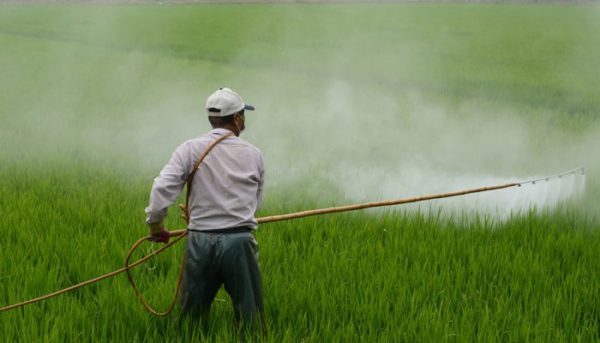
At Whole Kids, we have to be certified right throughout our supply chain and in terms of managing supply, we actually have really good relationships with all the growers. We work directly with them.
Although we are not growers ourselves, we still go through a pretty rigorous process to ensure that there is no contamination of ingredients at any point along the supply chain. Australian Certified Organic even goes so far as to test some of the soils in adjacent properties to some of our growers, just to test that there is no possible contamination, and everything through to production, warehouse and storage and distribution is also audited.
Should you buy certified organic?
As a consumer, though, does the higher quality food really justify spending a higher price? Absolutely yes! Even though organic farming standards can vary greatly around the globe, whenever you get your hands on some fresh certified organic produce, you can rest assured that the ingredients you are going to cook with for your family were grown naturally, without the use of artificial fertilisers and other chemicals. Organic farming practices actually eliminate the risk of pesticide residues in your otherwise healthy salad, which is a major problem, especially since as far as certain vegetables are concerned, it’s nearly impossible to wash this dangerous chemical goop off of them.
Organically grown food can also taste better, even though the veggies and fruits sometimes don’t look as shiny or don’t grow as big as their conventionally cultivated counterparts. Some people might get turned off by the fact that organic produce is generally pricier, and more difficult to find in some areas – not to mention how hard it is to buy off-season veggies and fruits that are not of the conventional supermarket variety.
10 Smart Ways to Buy Organic Produce and Save Money
Shopping for organic produce might seem like an unnecessary expense to some, and a bit of an overkill, since we are all bound to be exposed to pesticides and other chemicals in some form or another throughout our lives. It’s true that junk food can be quite cheaper than high-quality, organic food, but we believe that the old adage ‘you are what you eat’ still holds true. Sure, we are bound to be exposed to the bad stuff at some point, but that doesn’t mean we can’t limit that exposure. Besides, when you are preparing your children’s meals, don’t you really want to provide them with the tastiest, most nutritious and healthy food available? We know we do!
So how can you buy the best organic produce while not breaking the bank? We have discovered 10 easy and smart ways you can get the best organic produce, and still save money. Here’s how:
1. Grow Your Own Produce
Urban farming is trending right now, and with good reason: a single small raised veggie bed can cover the needs of a 3-person-family. Build more and give the surplus to your friends and extended family! You could even reach out to other urban farmers and exchange goods, so that you can get your hands on an even greater variety of produce, without spending a dime.
You can Google more information on how to build an inexpensive and attractive raised bed. Make sure you double check what the optimal crops rotation for your specific location is. There are many great communities and sites that can help you with this project, and you just might be surprised at the amount of produce you can get from even such a tiny growing space.
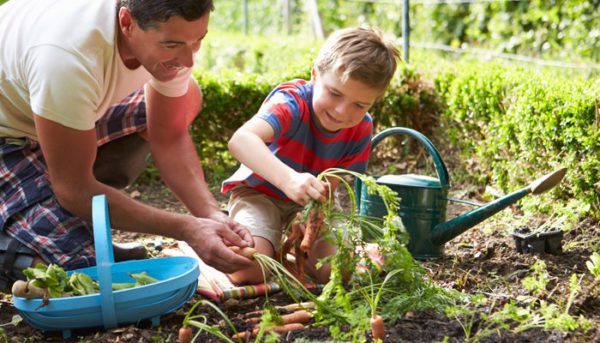
2. Organise Community Gardens and Farms
Start a small-scale communal farm (with room to grow, if needed) at your local park, if you can get the city’s permission. This way you will be able to educate kids and adults alike on the wonders of clean, organic farming, waste composting and healthy eating.
You could even take your project a step further and set up a communal kitchen, where excess produce will be shared amongst everyone. Donating some of your crops to local charities that need help is also a great idea!
3. Buy Straight from the Farmers
Farmers’ markets are a great place to discover various nutritional treasures, and to get you in contact with your local farmers. Bear in mind that there are quite a few farmers that choose to not get certified, who can still produce organic veggies, fruits, meat, grains and nuts, regardless. By not paying the certification fees, these farmers are able to sell their produce at a lower price, which translates to more savings for you, but keep in mind that claims of being ‘organic’ might not always be legitimate. It’s always a good idea to ask them about their farming methods and practices, and to see for yourself whether their produce is high-quality or not.
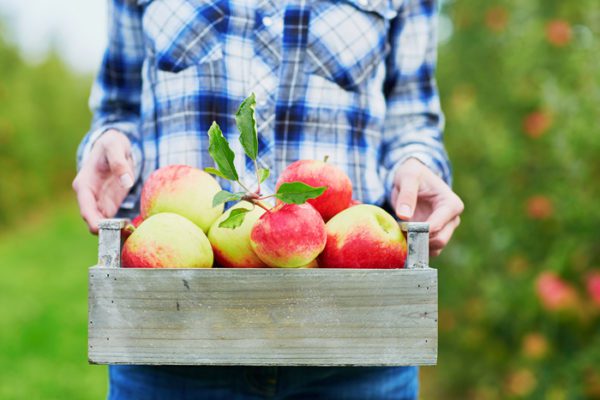
4. Buy Seasonal Organic Goods from the Supermarket
Seasonal organic food is easy to get your hands on, and it’s typically not as pricey, since there is usually enough produce to cover demand.
5. Buy Discounted Organic Food in Bulk
Provided you can use it before it expires, buying organic food in bulk is an excellent idea to bring down the cost of high-quality nuts and other long-lasting goods.
6. Organise Your Cooking Around What’s on Sale
By organising and planning your daily meals around what is available at a discount, you can save a lot of money, and also incorporate a wider variety of organic foodstuff into your homemade cuisine. This will also help you minimise wasted food, which can really end up costing you a lot more money than you realise.
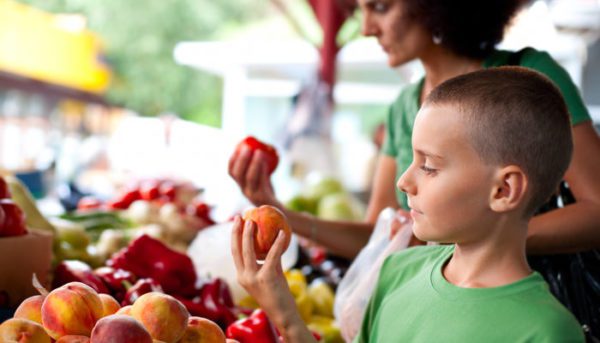
7. Prioritise Buying Organic Meat and Animal Products
Conventional animal products and meat often contain large amounts of hormones, vet medicines and even pesticides, so it’s important to always remember that it’s best to pick organic meat, milk, cheese and eggs over organic produce and grains if you have to make the choice based off of your budget.
8. Prioritise Produce that is More Susceptible to Pesticide Residue Retention
There are a few veggies and fruits that can still retain dangerous residues, regardless of how carefully you wash them, such as potatoes, celery, spinach etc. When you are on a tight budget, it would be a good idea to prioritise spending a bit more for the organic version of these high-risk products. For example, you don’t need to spend more on organic cabbage, avocados, mangoes, kiwis, pineapples and onions, since they provide almost zero additional nutritional benefits. You can learn more about this on EWG’s site, where you’ll also find lists of organic-only and low-risk produce and fruits.
However, when it comes to corn, especially when it’s been cooked or processed into tortillas or other types of pre-made food, you will really need to draw the line. Sure, it’s okay to buy conventional (non GMO) corn on the cob, but you should definitely opt for organic corn products if you have the chance, because conventional corn products are usually made using GMOs.
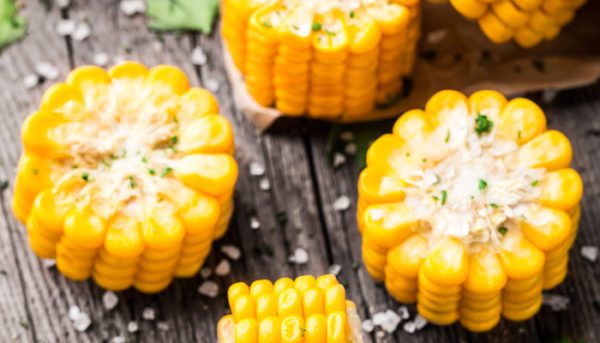
9. Stock Up on Low-Priced Organic Staples and Use Your Freezer
Organic beans, lentils and soups are usually super cheap, and they can bring your meals to life with their fantastic taste. Frozen bananas and other kinds of frozen fruit, peanut butter and raw nuts, for example, can make for some great, long-lasting additions to your everyday organic meals.
Add them to your menu, make some homemade smoothies, or even enjoy them in between meals as snacks; your options are limitless!
10. Find the Best Organic Product Deals Online
Even though it’s hard to check the legitimacy of supposedly organic farmers over the internet, you can always reach out to established, well-respected forums and community sites, which will refer you to the best of the best.
Don’t be afraid to try your hand at ordering organic produce online, since most farmers are eager to expand their online clientele, and are surely going to take extra good care of you and your order.
For more information about organic food and certifications, please refer to these pages:
What is ‘Certified Organic’?
Certified Organic FAQ
The organic food subreddit
Foodwise
Local Harvest
